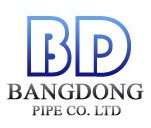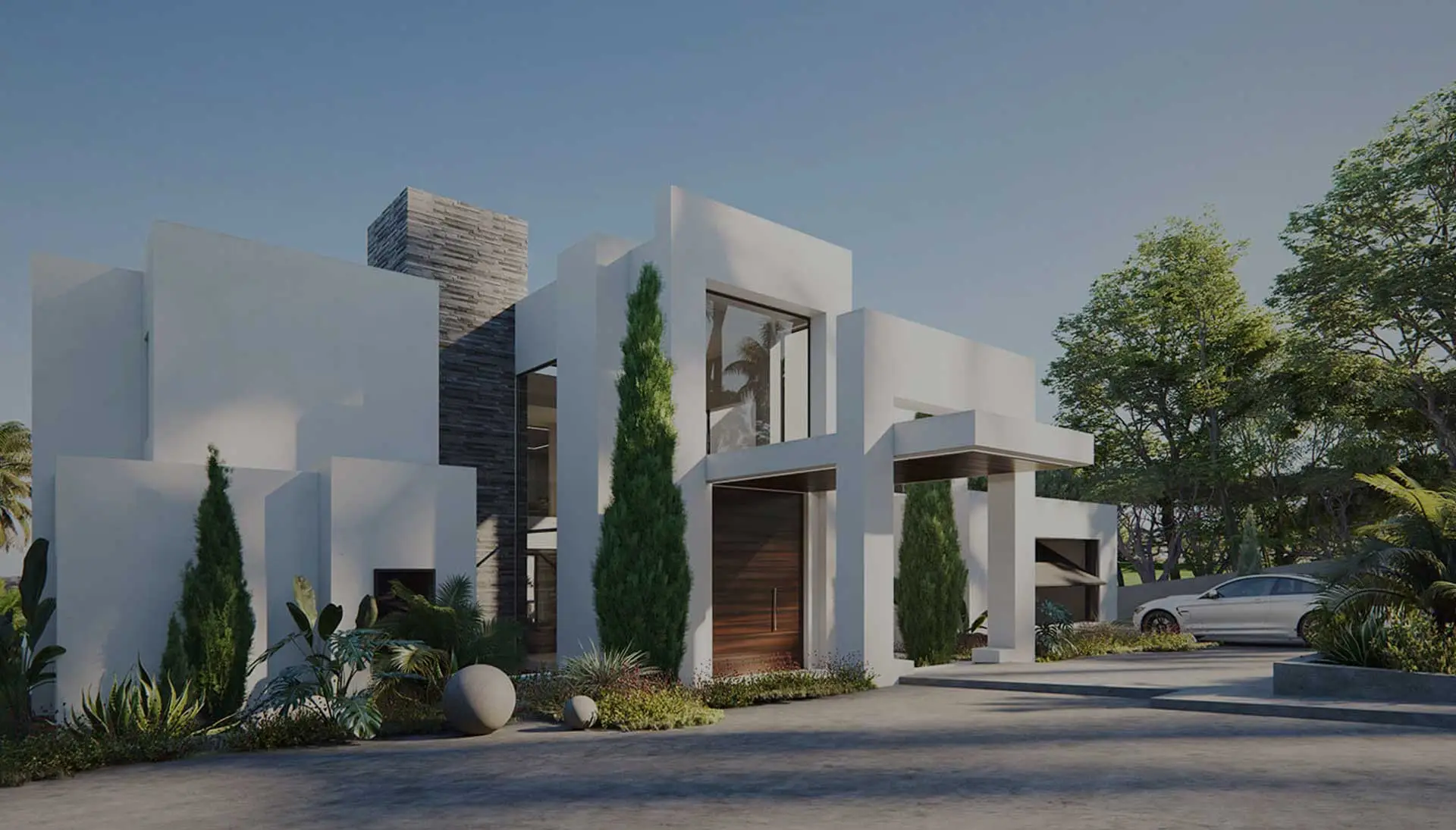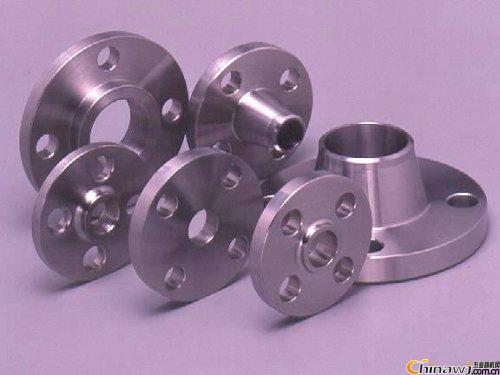selection of various pipe fittings
November 08, 2018
Recently, the Ministry of Construction and the Quality Supervision Bureau have issued notices prohibiting the use of cold-galvanized steel pipes and gradually eliminating hot-dip galvanized steel pipes. At present, the main alternatives are aluminum-plastic composite pipes, as well as composite pipes such as Upvc pipes, pe pipes and copper pipes.
Aluminum-plastic composite pipes do have many advantages, such as easy installation and long life. However, there are inevitably some defects that are concentrated in the strength of the pipe and the resistance to penetration of the fitting. Aluminum-plastic composite pipes, upvc pipes, pe pipes, brass pipes, etc. All these pipes are easily damaged by external impact. Repair after such damage is an inevitable waste.
Subsequent construction process damage to the pipeline (including secondary decoration) is particularly large. Such as secondary construction plastering, waterproofing between bathroom and kitchen, leveling plaster and so on. Pipeline installation is nothing more than two types: surface mounted, concealed.
Since it is not necessary to say plainly, it will definitely affect the perception. All composite pipes, except for copper pipes, are subject to bending due to slight external forces.
If it is an indoor pipe, there are two kinds of installation pipelines, one is poured into the floor slab or concrete in the wall, or the floor and the wall are reserved for the secondary pipe installation.
Let me talk about the first kind. If pipes are installed after the floor or wall reinforcements are tied up, the vibrator is a terrible thing when pouring concrete. Some of them are like Monkey King's golden cudgel. The pipe is like a fairy and it's glued to death. Touching death. This kind of damage can be found only when the concrete reaches the initial strength of the pipeline pressure test, and at this time, if the concrete is repaired again, the damage to the floor or wall is self-evident.
Say the second, reserve the slot. The pipeline is equivalent to being installed in a reinforced concrete protective layer. In this point of thickness, several types of pipelines such as dn15, dn20, dn25, etc. are to be buried. The outer diameter of the pipe is much larger than that of the pipeline, and the thickness of the ground is increased. Moreover, the thickness of the mortar on the pipe is very small.
At this time, the decoration team came in. Chisels, hammers, cutters and nails began to attack the pipeline madly. The poor pipeline was hiding under the thin mortar, left to hide, and finally, unfortunately, was penetrated by a nail. At this time, there is no water in the general pipeline. No one can find it. When the renovation was over, the owners lived in. After a few days, they began to find that they had spent tens of thousands, hundreds of thousands, and even millions of dollars on the floor of the decoration, the walls had been used, and the cabinet had become moldy. Wow! When the complaint came, the construction company was the first one. Then the workers worked hard to destroy the floor, floor tiles, and tiles that were originally laid by the sweat of the renovation workers... and began to search for leaks. Finding and repairing was a problem.
In another case, it should not be considered as a loss. The quality of decoration workers is uneven. Among them, there are fewer professional water and electricity installation engineers. Brass pipes, even if welded everywhere, to the end, when the sanitary ware, to be equipped with faucet, the faucet can not be welded, are threaded connection. Applicable accessories are hard to find. At the time of installation, the unskilled use of the pipe wrench caused loosening of the joint. As a result, it is the damage, compensation, and repair mentioned above.
Almost at the same time of writing this article, there was another family in the community, because the decoration bore copper pipes. At that time, there was no discovery. At present, the interior is full of water. The floor is all warped and the walls are moldy. It looks like a decoration of more than ten thousand yuan. It was all soup.
Aluminum-plastic water pipes are more healthy in developed countries In order to improve the quality of water supply, the local government water supply departments and the health departments jointly participate in the promotion of the use of aluminum-plastic pipes. In view of the corrosion of galvanized pipes, causing excessive levels of heavy metals in the water and seriously affecting human health, the relevant health authorities called for changes in the water supply pipelines. In many developed countries, government departments have started to explicitly prohibit the use of galvanized iron pipes. For example, the Hong Kong Water Supply Bureau issued an announcement: Prohibition For the use of galvanized iron pipes without internal enthalpy, PE pipes and aluminum-plastic composite pipes are recommended. Japan's gas-pipe aluminum-plastic composite pipes have been verified by regional earthquakes: their rigidity and compressive strength are very strong, and because the gas permeability is zero, today the city's gas pipelines have decided to use aluminum-plastic composite pipelines.
All countries use aluminum-plastic composite pipes as a basic alternative to new-type water supply pipes, and like galvanized pipes, this product will become an important water supply pipeline for a long period (this century to the middle of the next century), which is a life cycle. A very long product, called cross-century pipe. For this reason, nearly all developed countries have formulated national standards for aluminum-plastic composite pipes in the early 1990s.
The application of aluminum-plastic composite pipe is rapidly expanding. From living applications, industrial production applications into agricultural applications. Desert countries such as Israel are used for agricultural irrigation. Gas companies such as the United Kingdom, Australia, and the United States, California, Xinxin Gas, Taiwan, and New Hayworth Company used aluminum-plastic composite pipes as home gas distribution pipes in the 1980s.
The output of aluminum-plastic composite pipes has rapidly increased year by year. According to incomplete statistics, the US product has increased by 25% from 1991 to 1994. In 1995, the aluminum-plastic composite pipe for water supply in Japan reached 87%; non-metallurgy of gas pipes in the United States and Denmark reached 90%.
Composite pipe also has "soft ribs"
1. The loss of aluminum-plastic composite pipe and pipe is small, and the coil is easy to transport and arbitrarily cut. Accessories are pure copper and expensive. The pipeline is vulnerable to destruction by other professional construction processes and wastes parts when repaired. The cost is higher than galvanized pipes.
2. Upvc pipeline pipeline connection method is adhesive, only applicable to underground pipelines or buried pipelines. If it is used for large-caliber high-pressure hydraulic pressure pipelines, special brackets must be designed, especially at the corners, and the impact of current impact on the turning points Large, the DN150 pipeline used in our community was eventually abandoned.
3, brass pipe connections are welded (pipe with tin tin without two), pipe fittings (two kinds of pipe fittings, one is clamp type, one is inverted teeth bite, apron seal). The pipeline is easily damaged by subsequent construction or secondary decoration. High cost.
4. Inside the plastic aluminum tube is cross-linked polyethylene, and the outer surface is aluminum skin. However, no matter whether it is an aluminum-plastic composite tube or a plastic aluminum tube, there is a problem that the expansion coefficients of the two materials are different. In addition, the combination method also determines that if the bending radius of the pipe is too small, it will result in the phenomenon that the two kinds of material bond layers are detached, which will greatly affect the use effect and the safety factor.
more details,email to sales2@bdpipefitting.com .visit bepipefitting.bossgoo.com







